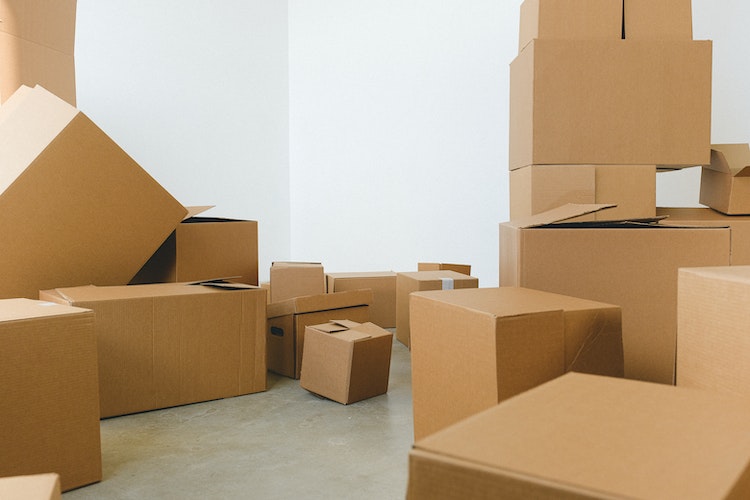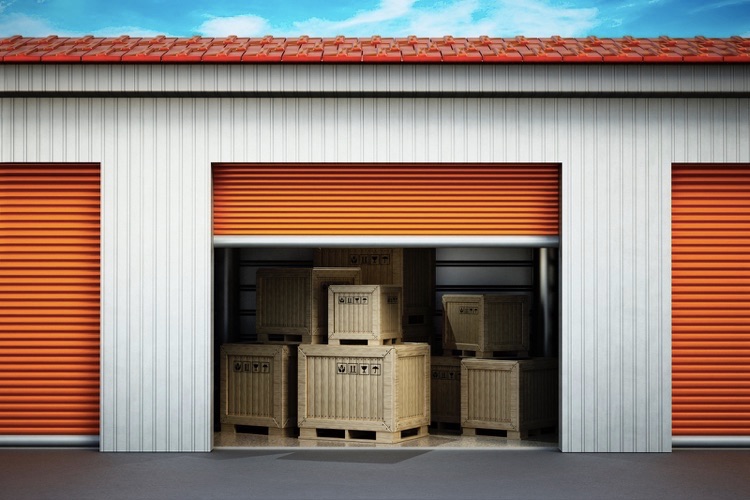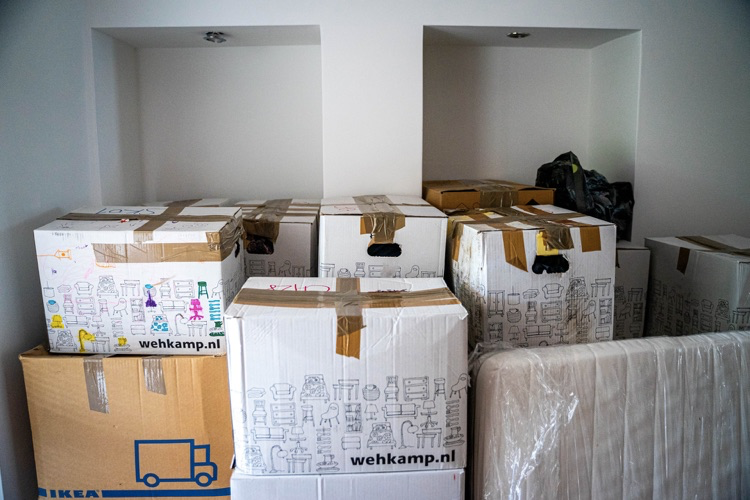The most frequently stored items
Storing items is an activity that everyone engages in at some point. Whether it’s a box of old photographs tucked away in the attic or a set of important documents stored in a filing cabinet, we all depend on storage to keep our items safe, organised, and easily accessible.
This article will discuss the most frequently stored items, examining why they are so commonly stored and how best to store them.
Storage is a fundamental aspect of life, and the items we choose to store often bear significant personal or financial importance. These items range from beloved family heirlooms to professional tools and equipment. Understanding these commonly stored items can offer insights into what we value and how we organize our lives.
However, not all items are stored the same way. Different items require different storage techniques to ensure their preservation and longevity. This article will delve into the most frequently stored items and provide expert suggestions on how to store them properly.

The importance of proper storage
Proper storage is crucial for several reasons. Firstly, it helps to keep items in optimal condition, preserving their value and usability. This is especially important for items that are delicate, valuable, or have sentimental value. Improper storage can lead to damage, degradation, and loss of these items.
Secondly, proper storage promotes organization. It allows us to know where our items are and how to access them quickly and efficiently. This can save a lot of time and frustration, particularly in a busy household or office setting.
Finally, proper storage can also help to maximize space. By storing items effectively, we can free up room in our homes or offices, creating a more clutter-free and comfortable living or working environment. Now, let’s delve into the most frequently stored items in different settings.
Most frequently stored household items
Among the most frequently stored household items are clothing, kitchenware, toys, books, and personal documents. These items are commonly stored due to their regular use and the need to keep them organised and out of the way when not in use.
Clothing, for example, is often stored seasonally. Heavier winter clothes are packed away during the warmer months, while lighter summer clothes are stored during the colder months. This helps to save space in closets and drawers and makes it easier to find suitable clothing for the current season.
Kitchenware, toys, and books also require thoughtful storage. These items can quickly clutter up a home if not properly organised. Effective storage solutions for these items can include bookshelves, toy bins, and kitchen cabinets or pantries.

Most frequently stored office items
In an office setting, the most frequently stored items usually include paper documents, electronic devices, stationery, and office supplies. These items are regularly used in daily operations and need to be easily accessible.
Paper documents, such as contracts, invoices, and reports, are often filed away in cabinets or storage boxes to keep them organized and secure. Electronic devices, like laptops and projectors, may also be stored when not in use to protect them from damage.
Stationery and office supplies, like pens, paper, and staplers, are typically stored in drawers or storage containers to keep desks tidy and ensure that they are readily available when needed.
Most frequently stored seasonal items
Seasonal items, including holiday decorations, gardening tools, and sports equipment, are also commonly stored. These items are used during specific times of the year and need to be stored away safely during off-seasons.
Holiday decorations, such as Christmas ornaments or Halloween costumes, are typically stored in boxes and containers in attics, basements, or storage units. Gardening tools and sports equipment may be stored in sheds or garages to keep them protected and out of the way when they’re not in use.

How to properly store different types of items
The proper storage of items depends largely on their material, size, and usage. For instance, clothing should be stored in a cool, dry place to prevent mildew and moth damage. Delicate items, like silk or wool, may require special storage conditions, such as acid-free tissue paper or breathable fabric bags.
Paper documents should be stored in a dry, temperature-controlled environment to prevent yellowing and degradation. They should also be organised in a logical manner to facilitate easy retrieval. Electronic devices should be stored in a clean, dust-free environment to protect them from damage.
Seasonal items, like holiday decorations or sports equipment, should be packed away carefully to prevent breakage. They should also be stored in a dry, temperature-controlled environment to prevent damage from humidity or extreme temperatures.
Specialty storage solutions for specific items
Some items require specialty storage solutions to ensure their preservation. For instance, wine needs to be stored in a temperature and humidity-controlled environment, such as a wine fridge or cellar, to maintain its quality. Artwork may need to be stored in custom-made crates with padding to protect it from damage.
Additionally, important documents or valuables may require secure storage solutions, like a safe or safety deposit box. These storage solutions provide an added layer of protection against theft or damage, ensuring the safekeeping of these valuable items.
The impact of improper storage
Improper storage can have several negative effects on frequently stored items. It can lead to physical damage, such as scratches, tears, or breakage. It can also cause chemical damage, like rust, mold, or discoloration.
For instance, clothing stored in a damp environment can develop mold or mildew, rendering it unusable. Paper documents stored in a humid environment can yellow and become brittle over time. Electronic devices stored without proper protection can accumulate dust, which can damage their internal components.
Moreover, improperly stored items can become disorganised, making them difficult to locate when needed. This can lead to frustration and wasted time, especially in a busy household or office setting.

Storage facilities for frequently stored items
For those who lack the necessary space or resources to store items properly at home or in the office, storage facilities and services can be a valuable solution. These facilities offer secure, climate-controlled environments where items can be stored safely for short or long periods.
Storage units come in various sizes and can accommodate a wide range of items, from furniture and appliances to documents and artwork. These units are typically monitored by security cameras and require a key or code for access, ensuring the safety of the stored items.
Additionally, many storage facilities offer additional services, such as packing and transportation, to make the storage process more convenient for the user. These services can be particularly helpful for individuals or businesses that need to store large quantities of items or bulky, heavy items.
Conclusion
In conclusion, the most frequently stored items reflect our daily lives and the things we value. From clothing and kitchenware to documents and office supplies, these items require proper storage to maintain their condition and value.
By understanding the importance of proper storage and the different storage solutions available, we can ensure the longevity and preservation of our most treasured items. Whether you choose to store your items at home, in the office, or in a storage facility, remember the importance of proper storage and organisation for the well-being of your items.

